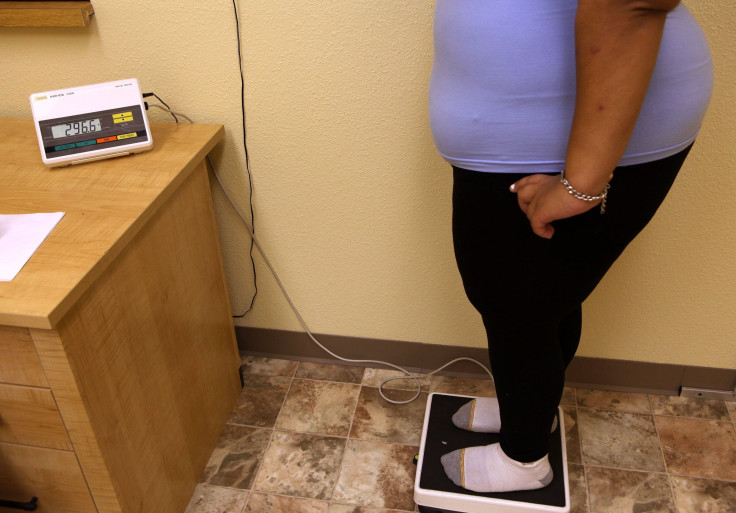Prevent Obesity, Eating Disorders In Teens By Encouraging A Balanced Lifestyle, Researchers Say

Obesity and eating disorders in teenagers can be prevented by shifting focus from weight and dieting to encouraging a healthy and balanced lifestyle, researchers said. This approach, according to the American Academy of Pediatrics (AAP), can prevent such disorders and also prevent teenagers from resorting to unhealthy methods to lose weight.
Teenagers who resort to unhealthy methods — such as vomiting — may lose weight but at the cost of dangerous medical consequences. The guidelines from AAP, which will be published in the journal Pediatrics, were developed to respond to these growing concerns.
“This is a dangerous category of patient because they're often missed by physicians,” Neville Golden, professor of pediatrics at the Stanford University School of Medicine and lead author of the new guidelines, said in a statement. “At some point, these patients may have had a real need to lose weight, but things got out of control.” Almost 40 percent of patients fall under this category, Golden added.
The guidelines suggest that parents and doctors avoid the “weight talk”, commenting on their weight or the teenager’s and avoid focusing on dieting. It is also important that teenagers aren't teased about their weight.
The recommendations encourage parents to promote two behaviors. Golden said that it is important that the family takes meals together regularly and that parents help teenagers develop a healthy body image — thus encouraging them to exercise for fitness and not for weight loss — and promote the consumption of a balanced diet.
“Scientific evidence increasingly shows that for teenagers, dieting is bad news,” Golden said. Teenagers who start dieting in the ninth grade are more likely to be overweight in their 12th grade. Paying too much attention to calorie intake can also lead to teenagers missing out on the energy their bodies required and might result in anorexia nervosa.
“It’s not unusual for us to see young people who have rapidly lost a lot of weight but are not healthy; they end up in the hospital attached to a heart monitor with unstable vital signs,” Golden said.
Golden also added that parents talking about their weight can affect theie teenagers’ body image. “Mothers who talk about their own bodies and weights can inadvertently encourage their kids to have body dissatisfaction, which we see in half of teen girls and a quarter of boys,” he warned. This dissatisfaction is linked to lower levels of physical activity and the use of vomiting and laxatives to lose weight.
Family meals can be seen as an opportunity for teenagers to see their parents modeling healthy eating, Golden said. But the mechanism isn’t certain. “Pediatricians can encourage families to have family meals as often as possible,” he said. “It doesn't have to be every night.”
The new guidelines come at a time when childhood obesity has dropped but not adolescent obesity. “A 3-year-old may not be worried if she's a bit overweight, whereas an adolescent may try unhealthy weight-loss methods like fasting or diet pills and end up in a vicious circle of more weight gain,” Golden said.



























